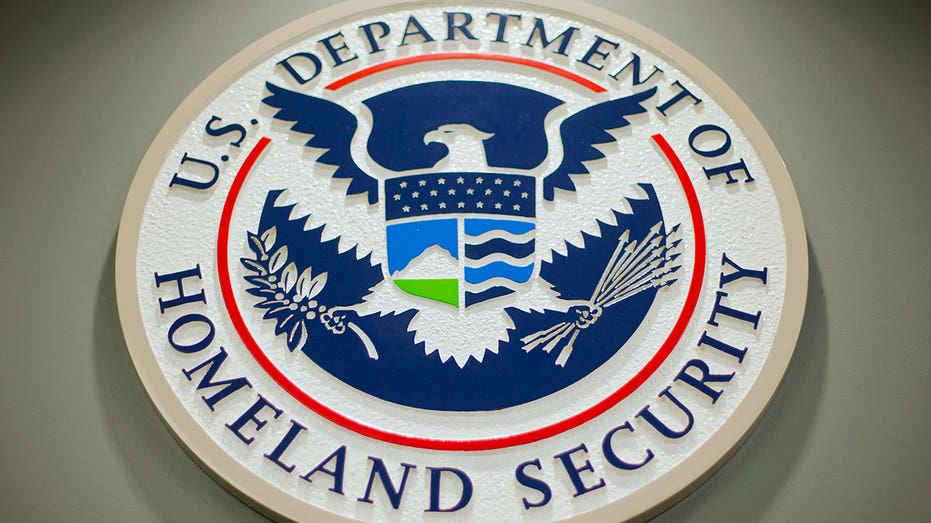Trump Administration Revokes Legal Status for Over 530K Migrants

Sarah Johnson
March 22, 2025
Brief
The Trump administration is revoking legal status for over 530,000 migrants from Cuba, Haiti, Nicaragua, and Venezuela, ending the CHNV program and TPS, prompting legal and humanitarian concerns.
The Trump administration has announced plans to revoke the temporary legal status of more than 530,000 migrants from Cuba, Haiti, Nicaragua, and Venezuela, according to a notice published Friday in the Federal Register. The migrants, who had entered the U.S. legally under the CHNV program, will have until April 24 to leave the country before their humanitarian parole and work permits are canceled.
Introduced under the Biden administration in 2022, the CHNV program was designed to provide a legal pathway for migration. It initially applied to Venezuelans before expanding to other nations. Migrants participating in the program were allowed to fly into the U.S. directly and stay for two years under a temporary immigration status called parole, provided they had American sponsors.
President Donald Trump, upon returning to office in January, suspended the CHNV program, claiming it failed to meet its objectives. The Department of Homeland Security (DHS) criticized the Biden administration for allegedly enabling migrants to compete for American jobs, undercutting U.S. workers, and fostering fraud within the program.
The CHNV program helped over 213,000 Haitians, 120,700 Venezuelans, 110,900 Cubans, and 93,000 Nicaraguans gain temporary entry to the U.S. amid dire conditions in their home countries. While the program largely aimed to reduce illegal crossings at the southern border, DHS argued it had not achieved this goal effectively.
Despite the revocation of CHNV, the Federal Register notice indicated that some migrants may be allowed to remain in the U.S. on a case-by-case basis. However, this offers little solace to the thousands now facing deportation.
In a broader push to reshape U.S. immigration policy, the Trump administration has also ended the Temporary Protected Status (TPS) for 500,000 Haitians living in the U.S. legally, as well as TPS for Venezuelans—a move currently being contested in court. TPS was originally granted to migrants from nations experiencing unsafe conditions, such as armed conflict.
Adding another layer of controversy, reports suggest the administration is dismantling internal watchdogs within DHS, including its Office for Civil Rights and Civil Liberties, which investigated allegations of abuse and discrimination in immigration enforcement.
While the administration’s efforts to overhaul immigration policy align with Trump's broader agenda, they have faced significant legal challenges, signaling a turbulent road ahead for the migrants affected and for U.S. immigration policy as a whole.
Topics
Editor's Comments
This rollback feels like a political chess move more than a policy adjustment. The CHNV program was an attempt to bring some order to the chaos at the border, and scrapping it seems to undo years of effort. It's hard not to see the implications for families who uprooted their lives under the promise of temporary safety and legal work. Makes you wonder—what happens to the American sponsors who stepped up to help?
Like this article? Share it with your friends!
If you find this article interesting, feel free to share it with your friends!
Thank you for your support! Sharing is the greatest encouragement for us.



